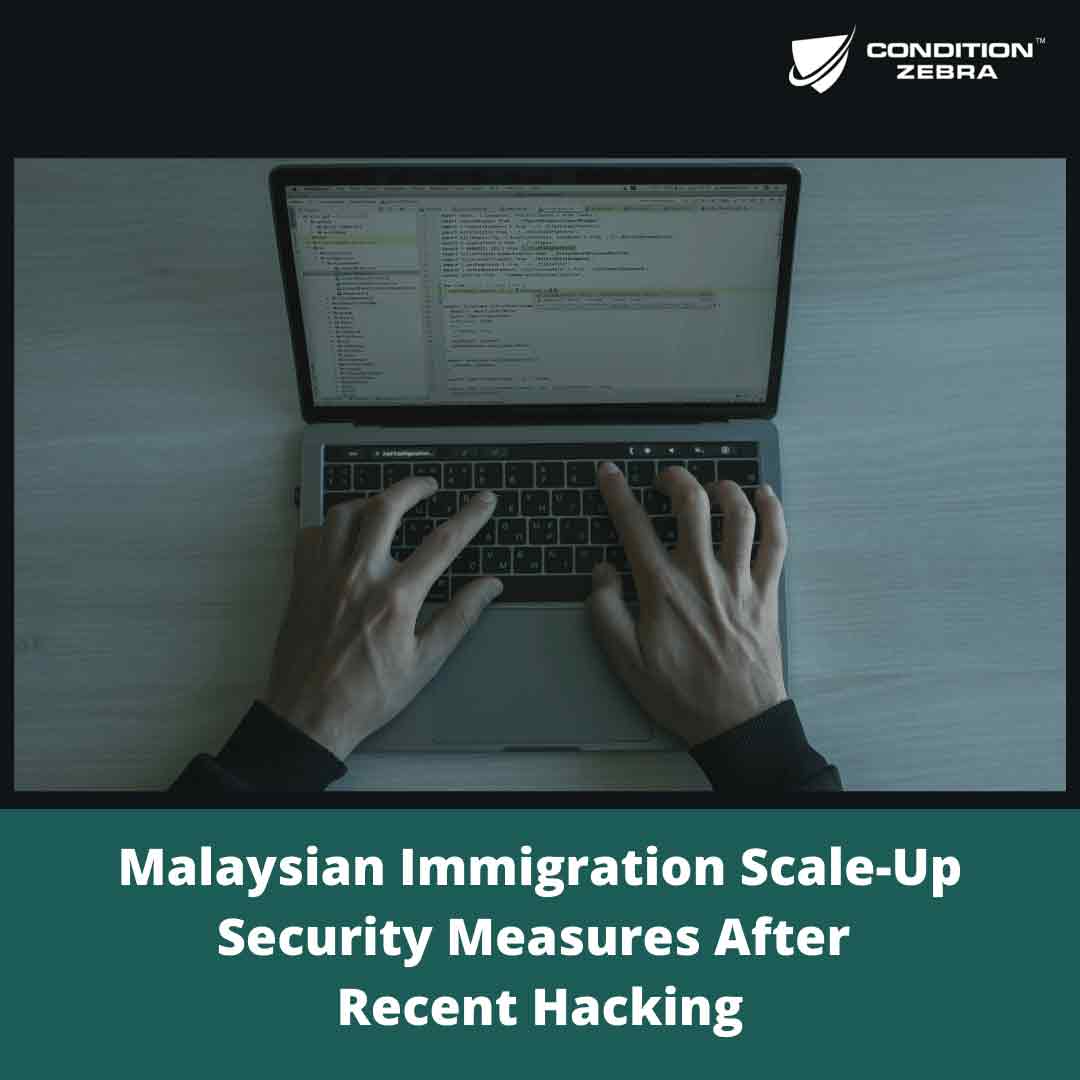This article questions the legality or illegality of international migrants who attempts to subvert a state and gain acceptance as quasi citizens. When migrants start to play the role of political actors and use hacking to repurpose institutionalized forms of political status by reprogramming systems of controls, then governments need to safeguards systems.
The hacking of the Malaysian Immigration Centre
Recently, the Malaysian Anti-corruption Commission (MACC) arrested six people, including two Malaysian officers, for illegally installing software and devices into the immigration control system.
The six persons arrested were employees of a systems supplier, aged between 35years and 39 years, and two immigration officers aged 34 years and 42 years. The authority’s suspicion led to the detention of four employees of the service provider and the discovery of several computers in the Malaysian Immigration department being equipped with hacking devices and software. These devices were confiscated along with laptops and external hard disks of the employees of the supplier company. All these pieces of equipment were being used for hacking purposes.
Further, it was found that four well-known hotels in Kuala Lumpur were being used as the hacking operations centre. These arrests were carried out between April 6 and April 22, 2021, in a joint operation by the Malaysian immigration department in Kuala Lumpur and Sg Petani.
After arresting the members of the syndicate, the authorities came to know that the syndicate hacked into the Immigration’s computer systems with the help of people who supplied systems to the immigration department. They conspired with a former immigration officer, who knew how to go about doing it secretly without raising the alarm and by roping in people who had easy access to the data centre. The two immigration officers were believed to have received bribes for helping the syndicate’s operations.
The authorities froze 147 bank accounts of 30 individuals and 11 companies with nearly RM10 million in them. Also, 30 properties estimated to be around RM11.9 million and 66 vehicles valued at RM13.7 million have been seized in operation.
Steps that were taken by the Malaysian Government
The immigration department reviewed the security aspects of its computer systems after this incident. It came to light that the authorities had already made improvements to the existing system following the findings of the 2018 Auditor-General’s report and were waiting for the new system, the National Integrated Immigration System (NIISe), to take over when the malicious attack took place. The government is now upgrading the old servers, computers, and mainframes of the system, which is expected to be completed in 2023.
In the meantime, employees of the immigration department have been asked to be more security compliant. Officers are required to log out of their system and completely shut down their desktops after work. For working on weekends and after office hours, permission from the IT division is required. CCTVs have been installed in the data centre room for security.
The hacking of institutions for migration came under the scanner in the Auditor-General’s report in July 2019, which pointed out that there were fraudulent approvals for foreign workers under MyIMMs before. The investigations into the current hacking reinforce the findings. Investigations have revealed that the syndicate hacked into the Immigration system and sold employment visit passes (PLKS) to thousands of foreign workers.
Why third party Cybersecurity measures are needed now
Today, cybercrimes have become a menace as hackers keep changing their strategies and always stay one step ahead in the process. Many government organizations still have unsecured systems across the network and lack of skilled cybersecurity professionals.
Cybersecurity companies are best positioned to handle sensitive data breaches in an organization. They have the resources and expertise to address threat data issues, what tools to use, and when. With their multipronged approach, including Penetration Testing, and Manage Detection and Response (MDR), cybersecurity firms can assess threat data, process, and integrate existing solutions in the system. This helps to recognize unstructured data from unknown and fishy sources and provides the context of the compromise and the type of tactics used by attackers. The advantage of having threat intelligence is that it is timely, actionable, and recognized by security experts.
Condition Zebra’s Cybersecurity Experts Advice
The Malaysian Immigration hacking has underscored the need to have an identity management program and restrict data access to employees. Hackers mainly exploit internal vulnerabilities and external threats to compromise security controls. Such organizations would do well to shift to cybersecurity service providers for round-the-clock monitoring.
We are one of the prominent cybersecurity firms providing all-around support to our clients. We have the knowledge and skills needed to address different security threats.
We are offering various services like Penetration Testing, Digital Forensics, System Hardening and Managed Detection & Response (MDR).
Click here to learn more about our services
Improve your skills by getting trained
We’re offering training in Network Penetration Testing and Web Application Penetration Testing. Both of this training program is high value because there is a practical session as well, so far we have about 6200+ IT Professionals from various background who have attended the training.

